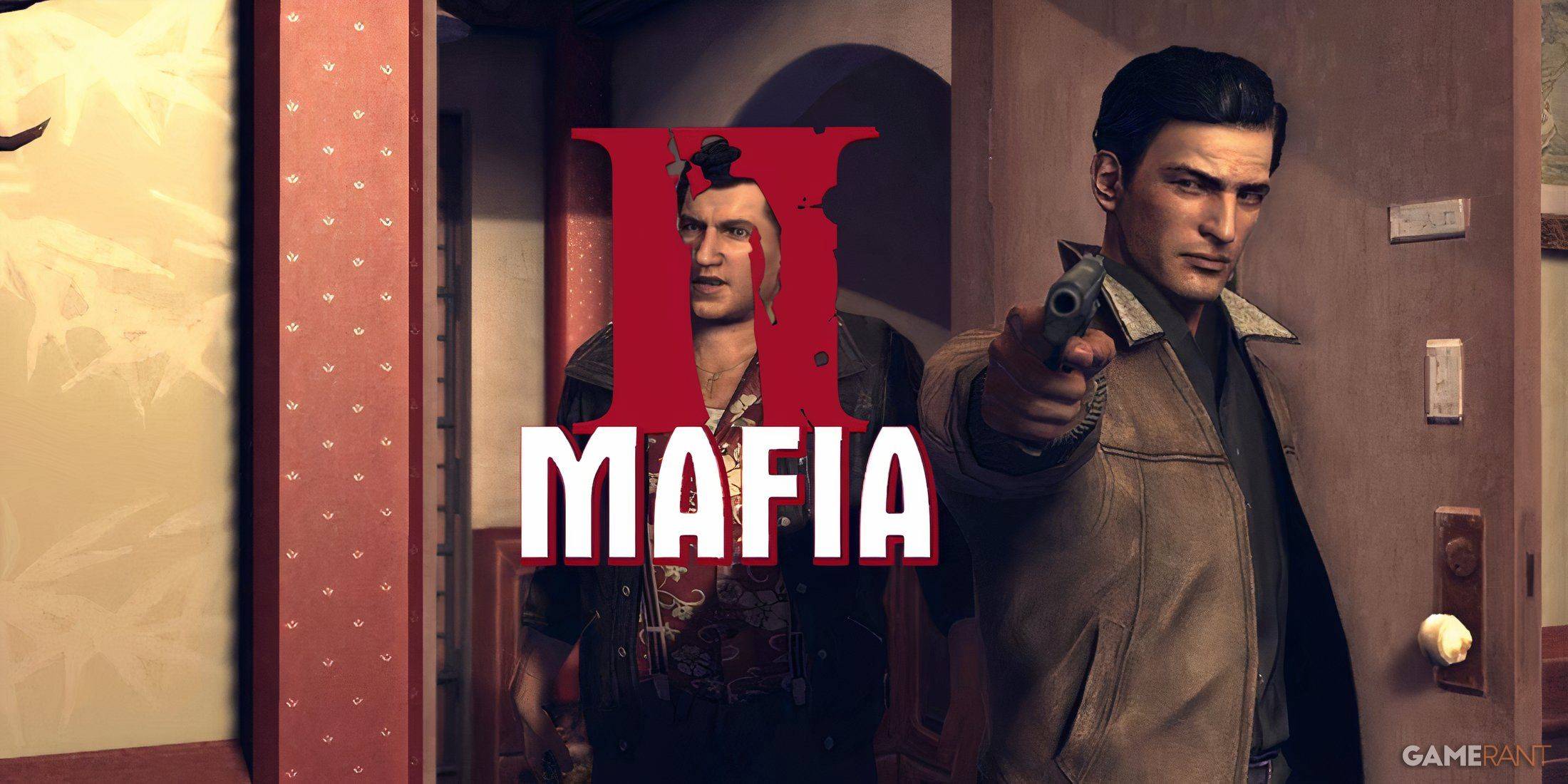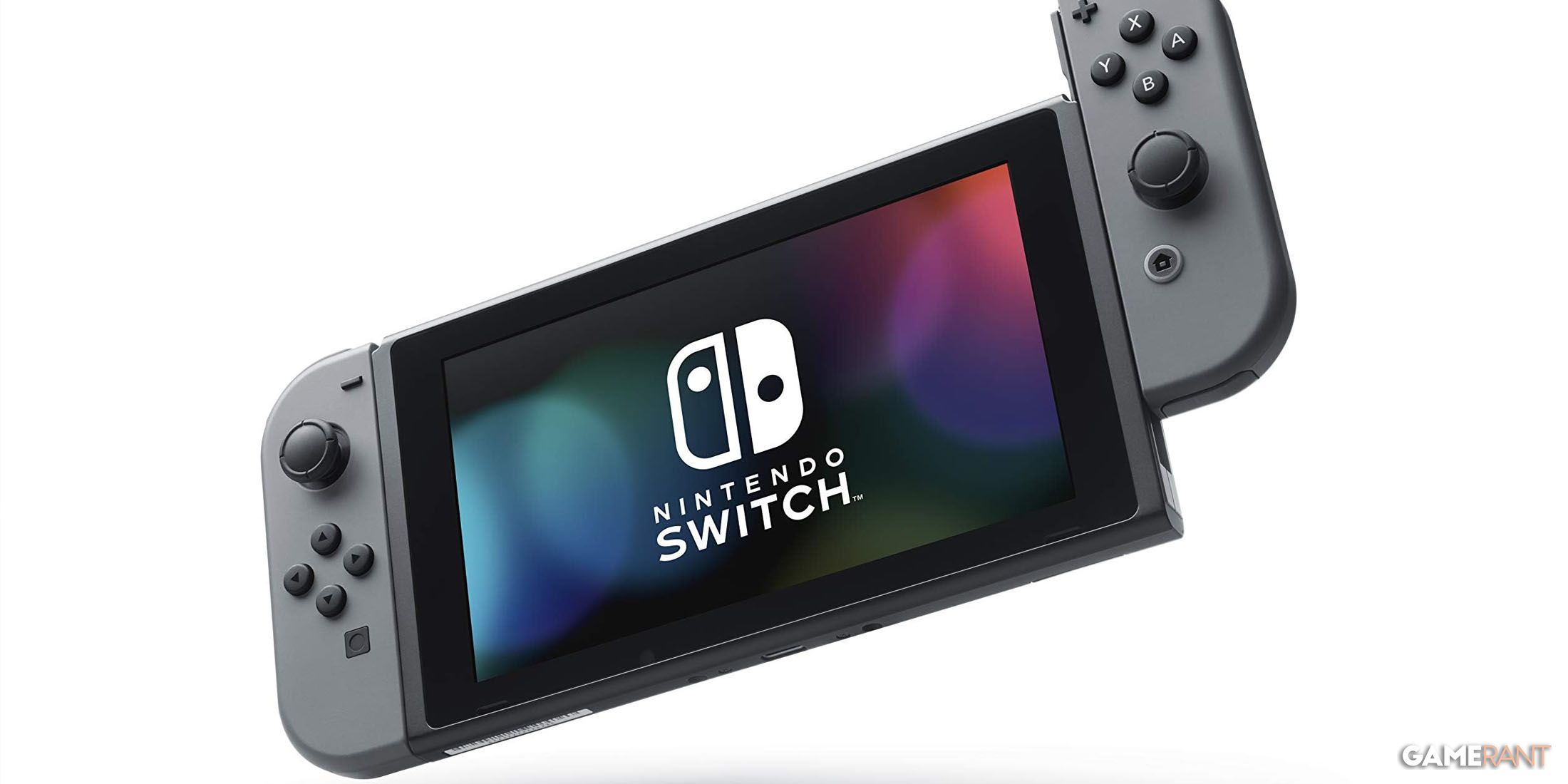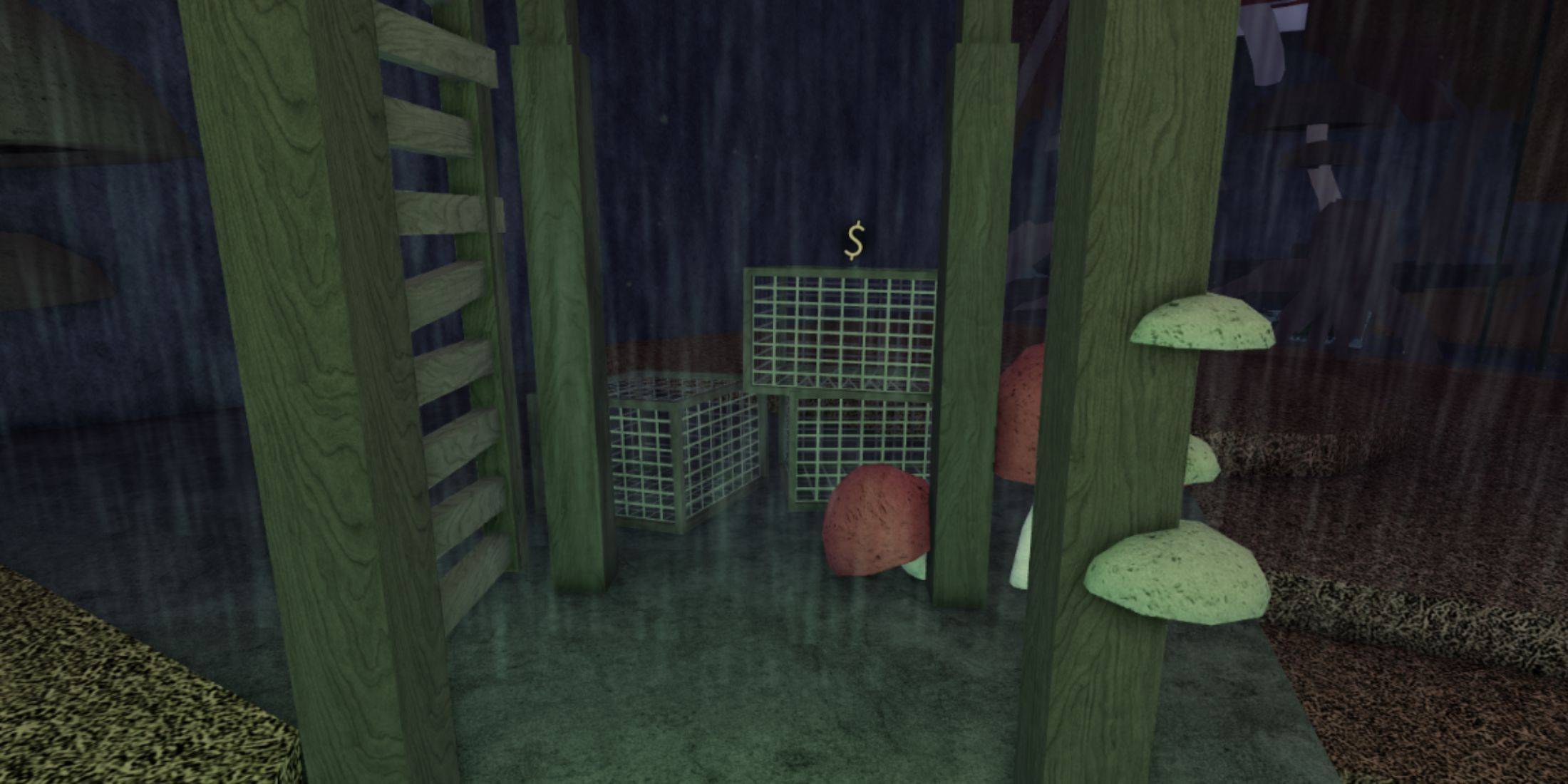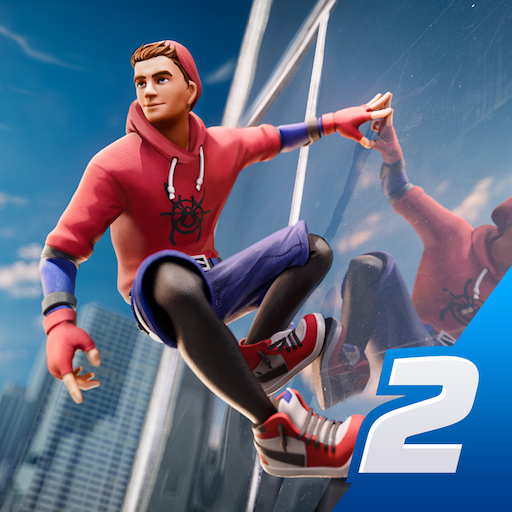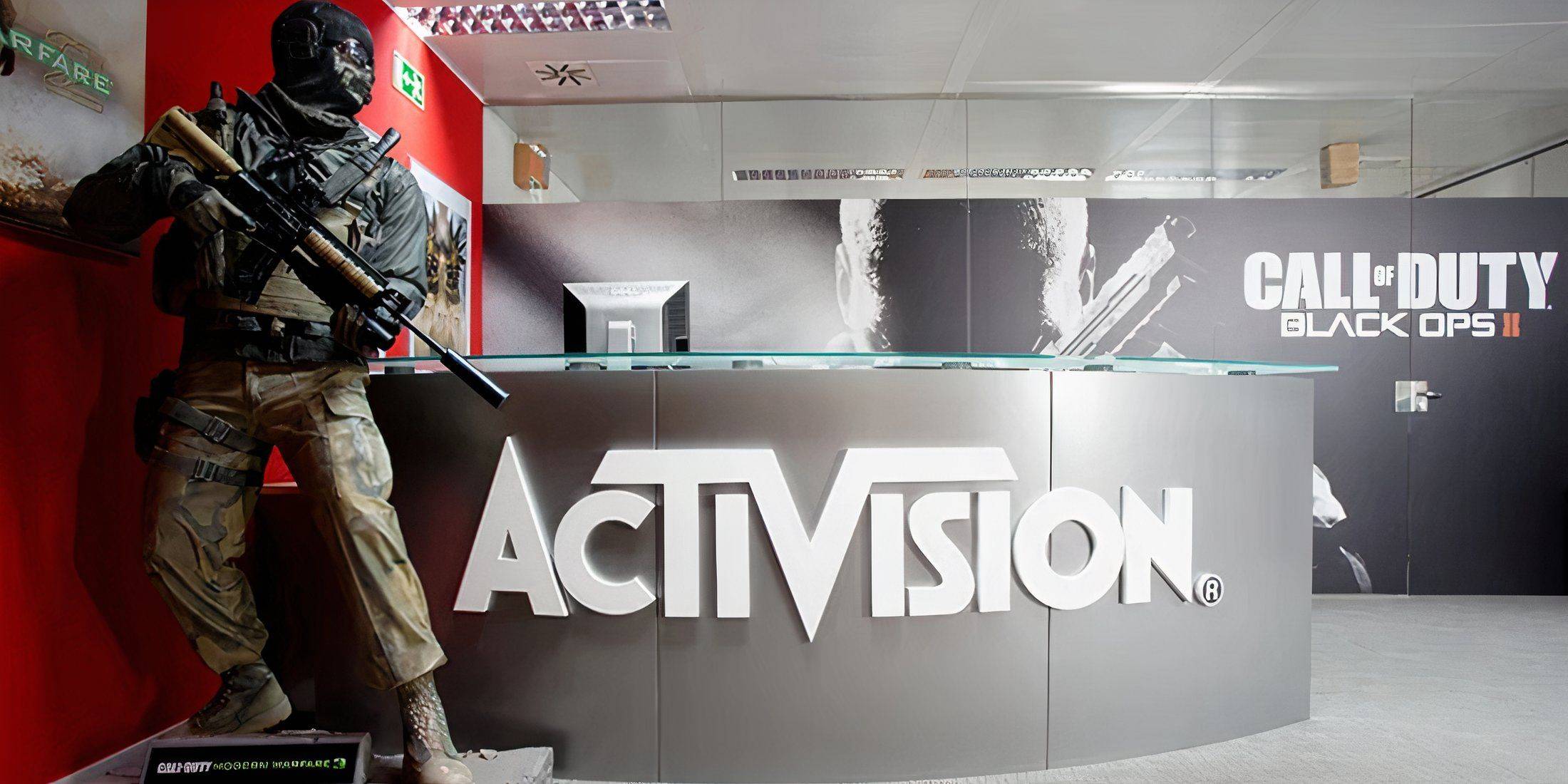
Activision Rebuts Claims Linking Call of Duty to Uvalde Tragedy
Activision Blizzard has filed a robust defense against lawsuits connecting its Call of Duty franchise to the 2022 Uvalde school shooting. Families of the victims, who filed suit in May 2024, contend that the shooter's exposure to the game's violent content contributed to the tragedy.
The May 24, 2022, Robb Elementary School shooting claimed the lives of 19 children and two teachers, injuring 17 others. The 18-year-old perpetrator, a former Robb Elementary student, was a known Call of Duty player, having downloaded Modern Warfare in November 2021. He used an AR-15 rifle, similar to those depicted in the game. The lawsuit also implicated Meta, alleging Instagram facilitated the shooter's connection to firearm manufacturers, exposing him to AR-15 advertisements. The families argue both companies fostered a harmful environment that exploited vulnerable youth, indirectly encouraging violence.
Activision's December filing, a 150-page response to the California lawsuit, rejects all allegations of a causal link between Call of Duty and the Uvalde shooting. The company seeks dismissal under California's anti-SLAPP laws, designed to protect free speech from frivolous litigation. Activision further emphasizes Call of Duty's status as a First Amendment-protected work of expression, arguing that claims based on its "hyper-realistic content" infringe upon this fundamental right.
Expert Testimony Bolsters Activision's Defense
Supporting its defense, Activision submitted expert declarations. A 35-page statement from Notre Dame professor Matthew Thomas Payne contends that Call of Duty's depiction of military conflict aligns with established conventions in war films and television, rather than serving as "training for mass shooters," as the lawsuit claims. A separate 38-page declaration by Patrick Kelly, Call of Duty's head of creative, details the game's development, including the $700 million budget allocated to Call of Duty: Black Ops Cold War.
The Uvalde families have until late February to respond to Activision's extensive documentation. The outcome remains uncertain, but the case highlights the ongoing debate surrounding the potential influence of violent video games on real-world violence, a recurring theme in discussions following mass shootings.

